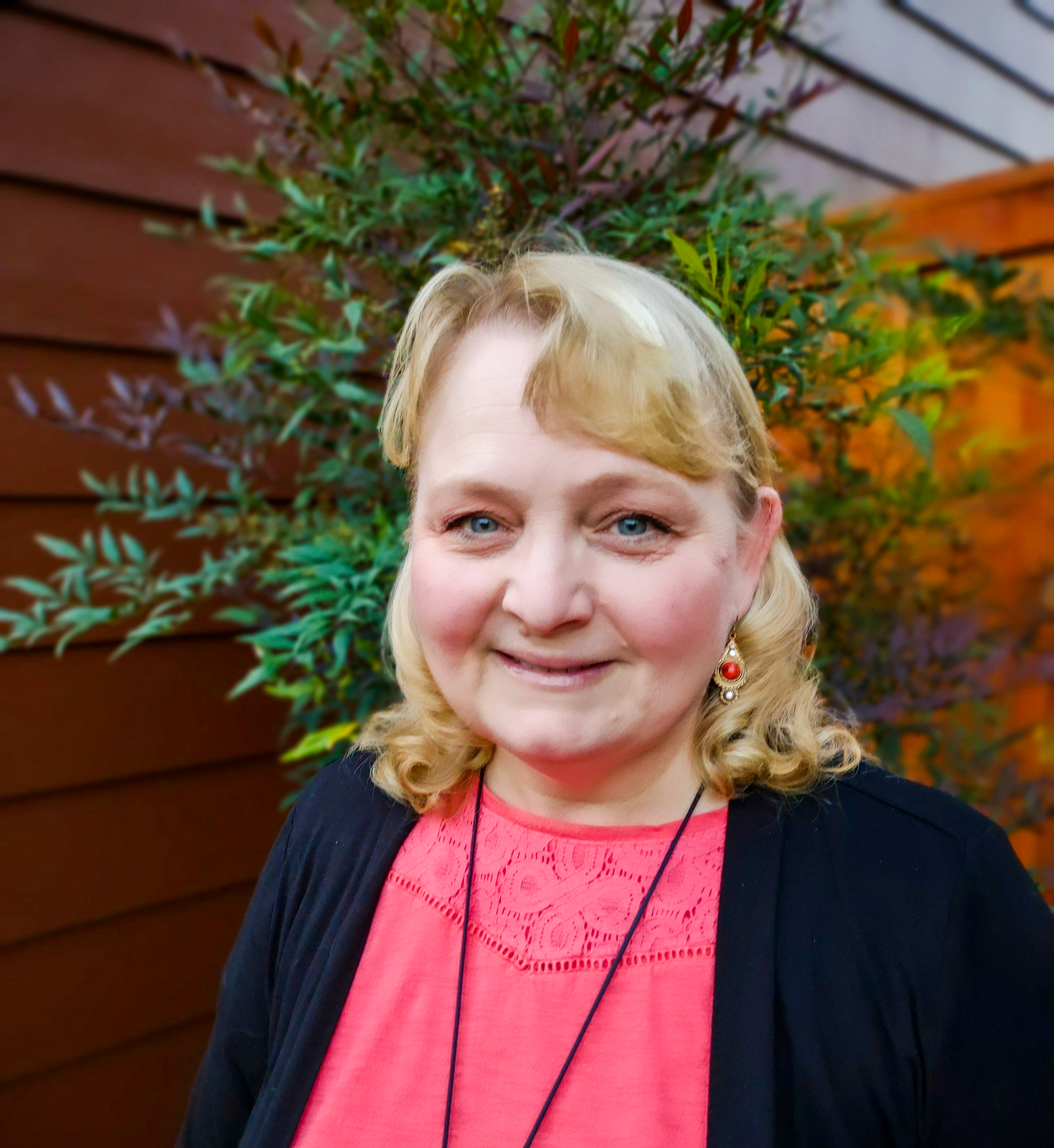Disability Awareness Month takes place during October each year to increase awareness, respect, acceptance and inclusion of people with disabilities. For WSU Vancouver, it is an opportunity to bring greater understanding of the role we all play in creating an accessible and inclusive campus environment. Essential to this goal is offering training, workshops and activities for all to participate.
“Access to education and equitable accommodations should not be a struggle for students with disabilities. When students trust their accommodations are set in place and that equitable access is ensured, they can focus on what they are here for – to learn.” – LaRonda Zupp
People with disabilities are the largest and most diverse minority within the population, representing all abilities, ages, races, ethnicities, religions and socio-economic backgrounds, and many disabilities are not visible. Physical barriers are easier to remove – attitudinal barriers are much more difficult.
Eric Scott, manager of WSU Vancouver’s Access Center says, “Disability is more than just elevators and ramps. There tends to be a strong focus on accessible physical spaces, but we need to be just as aware of how we create virtual spaces and communicate.”
It is vital and valuable to understand disability rights, laws, etiquette and the roles we all play in accessibility to help us confront ableism. We must explore attitudinal barriers that people with disabilities face that can prevent full access, participation and success in the classroom and campus community. Many people have anxieties when they are with people with disabilities because they are uncomfortable and uncertain what to do, how to act, communicate or work with them. “What we fear, we often stigmatize and shun,” — Paul Longmore, scholar and activist.
Disability is less about a person’s “inability” and more about the “loss or limitation of opportunities” for individuals to meaningfully participate in society due to social and environmental barriers. In addition to these barriers, people with disabilities have to face external and internalized stigma. Dealing with pity, awkwardness, stereotypes, fear, prejudice, avoidance, marginalization and continuous lack of access can impact their sense of competence and ability to self-advocate.
“Nothing about us without us” is a slogan used to communicate the idea that no policy should be decided by any representative without the full and direct participation of members of the groups affected by that policy. Inclusion and full participation are a matter of social justice.
Access to education and equitable accommodations should not be a struggle for students with disabilities. When students trust their accommodations are set in place and that equitable access is ensured, they can focus on what they are here for – to learn.
As the current Access Center Coordinator at WSU Vancouver, I find myself completing a full-circle, sharing the same important information I received as a student with a new and permanent disability. Here is what I learned: The path to success first begins with understanding your disabilities. Self-knowledge is the key to self-advocacy. The more you know about your disability, the better you understand the impact, the clearer you are about what barriers exist and the easier it will be to advocate for what you need. A person’s disability and individual needs may change over time. Self-awareness is an ongoing journey and process.
It is also important to be aware that college is a transitional learning space where students with disabilities learn what they need, what works to remove barriers, what their rights are and how to self-advocate in their future careers.
Accessibility requires the participation of every member of the community, including the student’s peers. Fellow students need to understand that they are also part of the accessibility equation. We all have accountability. It might mean learning to talk at a slower pace, giving time for their peers to respond, using chats or text, sharing notes, enabling live captions on Zoom when in a group meeting, or reaching out to invite and include. A student with a disability brings a rich learning experience to other students who may one day work with, be supervised by, or serve people with disabilities. Creating accessible and inclusive classrooms, group meetings, online and campus environments is a shared responsibility.
To maintain ongoing commitment to promote diversity, accessibility, equity and inclusion, WSU Vancouver is offering a number of opportunities in October for students, faculty and staff to grow in disability awareness. Please see our Disability Awareness Month flyer and the campus events calendar to learn more. For questions about disabilities or accommodations, contact me at laronda.zupp@wsu.edu, or by phone at 360-546-9138

LaRonda Zupp – Access Center Coordinator, WSU Vancouver